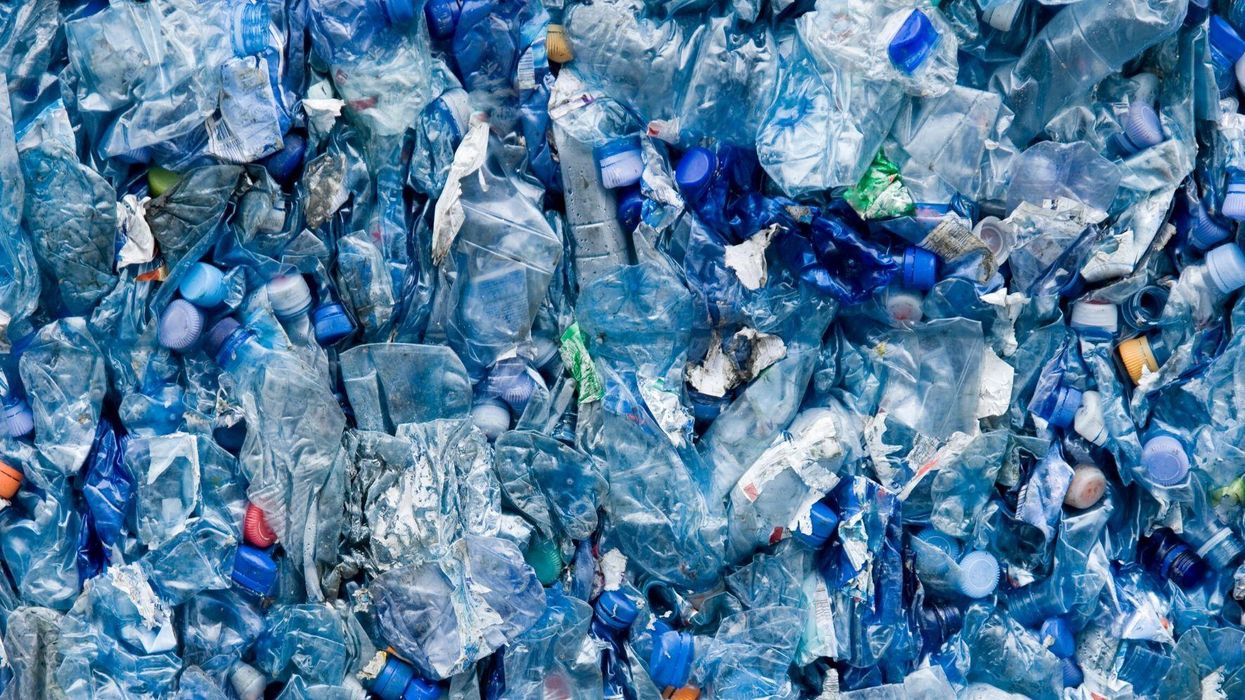
Plastic pollution and recycling may not be making the news as much at the moment, but they're incredibly important issues.
A group of scientists working for Cambrios, a firm based in France that manufactures plastic bottles, have created an enzyme that breaks down plastic, which could eventually make it biodegradable.
The enzyme itself is a bacterial enzyme which was found in a compost heap of leaves. The research team had looked at over 100,000 other possible substances, but this enzyme, a PET hydrolase, proved to be the most effective.
John McGeehan, a professor at the University of Portsmouth who was not involved in the research, told The Guardian,
It has the potential to reduce our reliance on oil, cut carbon emissions and energy use, and incentivise the collection and recycling of waste plastic.
Scientists from Cambrios introduced mutations to the enzyme and analysed it on a range of plastic products, including PET bottles.
PET is a specific kind of plastic that most bottles and other commercial plastic products are made from, and while this material can be recycled, parts may end up in an incinerator or in a landfill.
This enzyme breaks down these plastic bottles into chemical parts. The parts can then be used to manufacture other plastic bottles – something which has never been possible before, as recycled plastic is often used for clothing and for carpets. They were then able to use the enzyme to break down a tonne of plastic bottles, which were 90 per cent degraded within 10 hours.
PET bottles often have to be processed – heated, and ground-up – before they can be broken down by these enzymes, so it will be more expensive than other kinds of plastic.
They also have a deal with a biotechnology company, Novozymes, which will be able to produce the fungi at a high rate and low cost. Carbios is hopeful that the enzyme would be produced on an industrial level, by 2024.
In 2018, another group of scientists had found a similar enzyme which broken down plastics that had been processed in a matter of days. They were hopeful that the process could be sped up and used widely.













